Originally appeared on Open Eye Gallery blog, on 25.06.2014
Curated by Aaron Schuman, this year’s Krakow Photomonth Festival invites its audience into a seductive, hybrid version of reality, where imagination, memory and mythical creation cohabit ambiguously.
Bringing together a series of works united around the theme Re:Search, the photographic medium is turned in on itself, examined as a form of research in its own right. Even the festival title itself is interrupted, the word sliced through the middle as though in cross-examination. It’s this introspective scrutiny that contemplates, as much as the finished pieces, the creative processes beneath.
Here, we witness the artists’ attempts to make sense of an otherwise chaotic, arbitrary world. Jason Fulford believes “Your whole life is a research”, and endeavours through his work to uncover the“connections between the things.” His photobook Hotel Oracle is built entirely around a fictitious, impossible hotel with no address. To instil within his creation a glimmer of realism, he has hosted events around the world that coincide with different parts of the hotel – the bedroom in New York City, the terrace in Paris, the wine cellar in Milan, the swimming pool in Los Angeles.
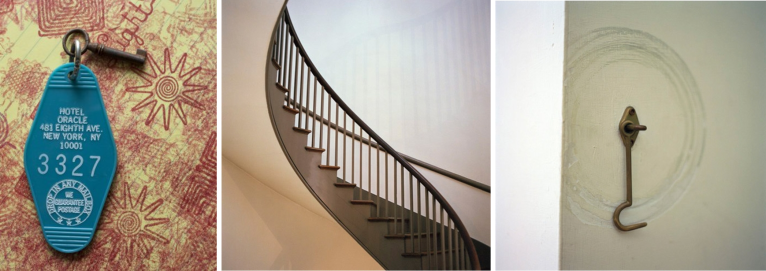
The foundations of his Hotel Oracle are built upon its audience’s desire to be swept away by the mythical, drawn there by the promise of something extraordinary. We scour the images for some profound meaning, hidden amongst the commonplace objects that are suddenly infused with mythical status. Just as the myths of ancient Greece offered answers to otherwise unfathomable musings, Fulford extends an invitation to search our surroundings for those things the everyday world fails to answer. A project that was conceived during a trip to Greece, where the area’s ancient myths imbued the landscape with meanings that weren’t actually there, Hotel Oracle unveils the possibilities of multiple realities existing beneath the surface.
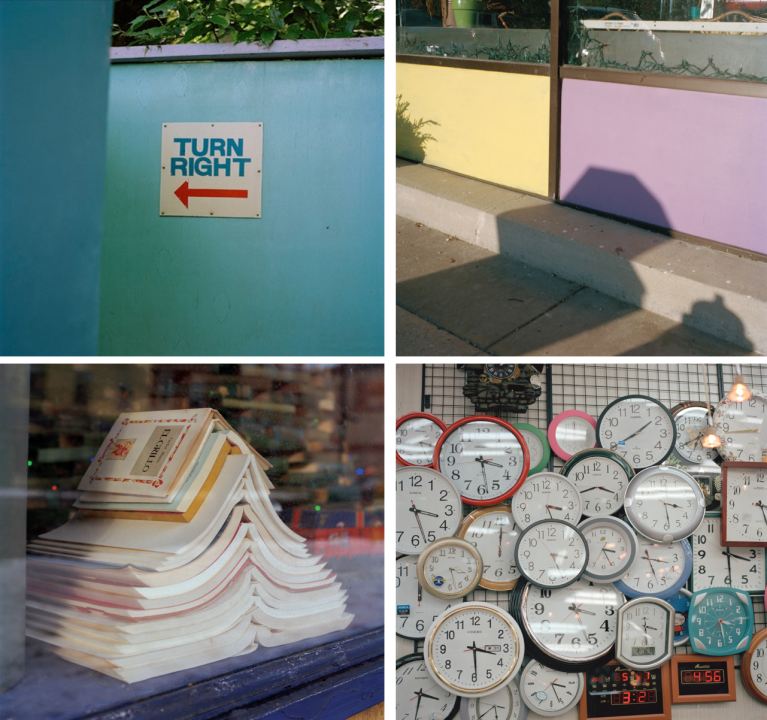
Clare Strand’s retrospective exhibition Further Reading similarly plays with this arbitrary nature of meaning, as she intertwines fictitious narratives and supernatural elements with “trustworthy” genres of photography. Her images of crime scenes in Signs of a Struggle are accompanied by fabricated narratives. Detailing murders that never happened, they confound the veracity that forensic photography promises. Their initial authenticity is merely a deception, and even this meticulous, official approach to research becomes shrouded in unexpected fallibility. This struggle between fact and fiction mirrors that encountered in settling crime cases, where multifaceted accounts of the “truth” are presented by all parties involved.
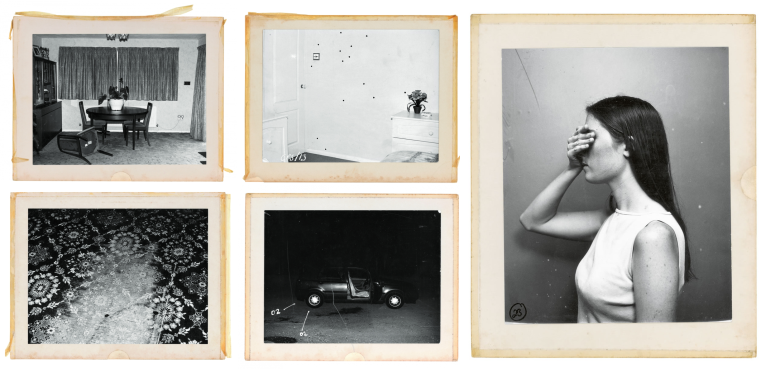
The same is true of her series Conjurations, where images of the macabre cannot even enjoy its status of “non-realism.” The mystery of a body levitating eerily in mid-air stands directly beside blatant fabrication, as a young girl drapes a cloth over herself in a makeshift, phantom horror scene. Such contrasts lead us to wonder at whether the floating body is instead perhaps falling towards the ground – something that would instantly reassign the image back to the realms of reality. Are we simply guilty of crafting magic from thin-air, imbuing the image with a fantastical meaning that wasn’t really there?
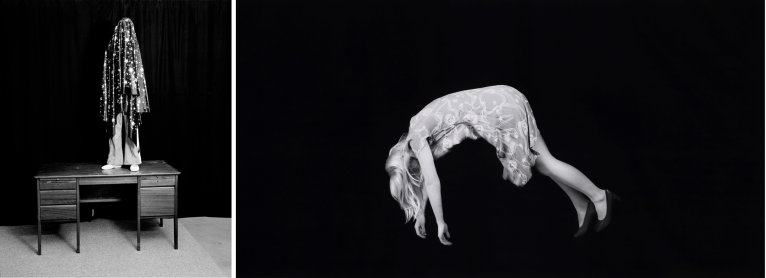
Taryn Simon’s series The Picture Collection presents arrangements of images taken from the New York Public Library collection, an extensive archive of over 1 million images digitised from books, magazines and newspapers. Unlike Fulford and Strand’s works, this context of documentation does not readily offer up its images as ambiguous or evocative. It’s a visual archive and the images serve as indexes to the objects depicted.
Yet, perhaps more subtly than the previous works, Simon questions this indexical nature of the photograph by drawing attention to the processes of classification, ordering and cataloguing at play. Its images assume new meanings, dictated solely from their grouping together into this particular order. The photograph’s ability to document and faithfully represent reality is tentative, even within a methodical, archival project such as this.
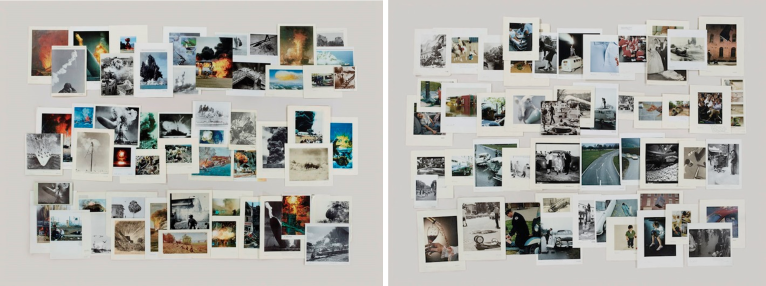
Her work alludes to our perennial need to apply structure and order to the random, indeterminate nature of reality, and suggests that in doing so, we effectively limit our scope of understanding. She makes reference to search engines, the medium through which modern audiences acquire their knowledge of the world. The “top” results are merely an algorithmic response, and represent popular taste and cultural trends at a given moment.
An interesting project to consider in light of this is the metaphorical search engine, Youssarian Lives, which claims to offer an intriguing alternative to online research by returning results that are “conceptually related.” It is anarchic ways of finding connections such as this that Krakow Photomonth extols, in its desire to seduce us towards the magical side of reality.

This work is licensed under a Creative Commons Attribution-NonCommercial-NoDerivatives 4.0 International License.
